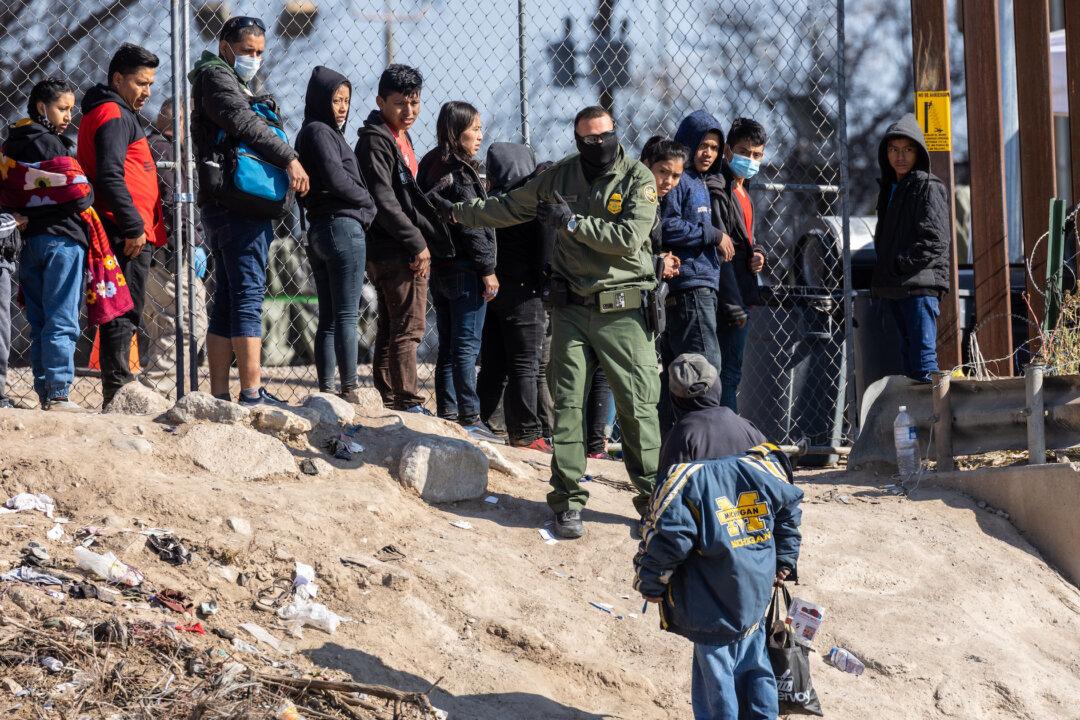The Biden administration urged the Supreme Court on Feb. 7 to dismiss 19 states’ challenge to the cancellation of the pandemic-era Title 42 policy that allows rapid expulsion of would-be migrants at the border.
The administration argued that its plan to terminate the public health emergency on May 11 would make the case moot. The high court will hear the appeal on March 1.





